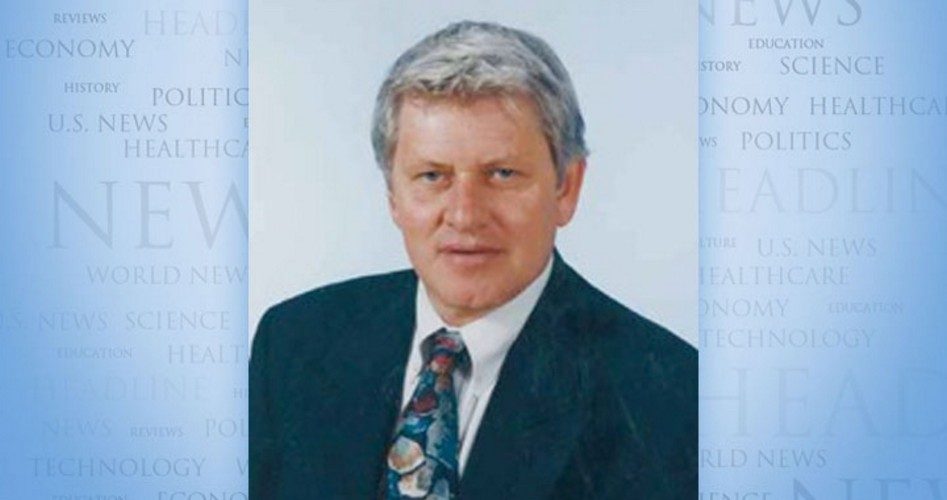
Just when you think it can’t get any more anti-business, anti-jobs, anti-growth, anti-capitalist, and just plain economically nonsensical among presidential candidates than Hillary Clinton’s ’s “Don’t let anyone tell you, you know, corporations and businesses create jobs,” along comes Vermont senator and self-defined socialist Bernie Sanders running for the Democratic presidential nomination with the statement that there’s nothing wrong with the federal government taxing away 90 cents out of every dollar earned at top income levels.
Here’s a comment Sen. Sanders made to John Harwood, CNBC’s Chief Washington Correspondent, about America’s big income earners: “These people are so greedy, they’re so out of touch with reality. They think they own the world. I’m sorry to have to tell them — they live in the United States; they benefit from the United States. We have kids who are hungry in this country. We have people who are working two, three, four jobs, who can’t send their kids to college. You know what? Sorry, you’re all going to have to pay your fair share of taxes. If my memory is correct, when radical socialist Dwight D. Eisenhower was president, the highest marginal tax rate was something like 90 percent.”
Answering a question from Harwood about whether President Reagan’s huge pivot in politics away from big government and toward more market forces was a good idea, Sanders replied: “I think there is obviously an enormously important role for the free market and for entrepreneurial activity. I worry how free the free market is.”
Here are two follow-up questions, unasked by Harwood: “If you ‘worry how free the free market is,’ how is the amount of freedom in that market increased by having the government seize 90 percent of the top incomes earned? Similarly, if, as you say,there’s ‘obviously an enormously important role for the free market and for entrepreneurial activity,’ how does it strengthen the ‘important role’ of entrepreneurs if the government taxes away 90 percent of the top earnings of the economy’s most successful entrepreneurs — income that by way of investment directly becomes pro-growth and a key factor in reducing joblessness, inequality and poverty?”
Continued Sanders: “We want entrepreneurs and private businesses to create wealth. No problem. But…,” And what’s after the “but”? But the levelers, collectivists and socialists don’t want those who admittedly “create wealth” to keep very much of that wealth. A “fair share” perhaps, to start, might be a dime from each dollar of earned income at the top?
Later, as politicians discover more societal failings that necessitate collectivized fixes, or the politicians elect to buy more votes by spending more of other people’s incomes, perhaps the “privileged” will be permitted to retain only a penny of each dollar of their top marginal earnings.
And what, asked Harwood, if this redistribution of income produces less economic growth?
“You can’t just continue growth for the sake of growth in a world in which we are struggling with climate change,” replied Sanders. “You don’t necessarily need a choice of 23 underarm spray deodorants or 18 different pairs of sneakers when children are hungry in this country.”
And if the central committee of bureaucrats and politicians decides that we’ll all be better off if we’re allowed to have only one brand of deodorant and only one style of sneakers, most likely produced wastefully by the government, like in the old Soviet model, how exactly is that supposed to reduce unemployment, inequality, and poverty and decrease the number of hungry children?
Ralph R. Reiland is an associate professor of economics and the B. Kenneth Simon professor of free enterprise at Robert Morris University in Pittsburgh.



